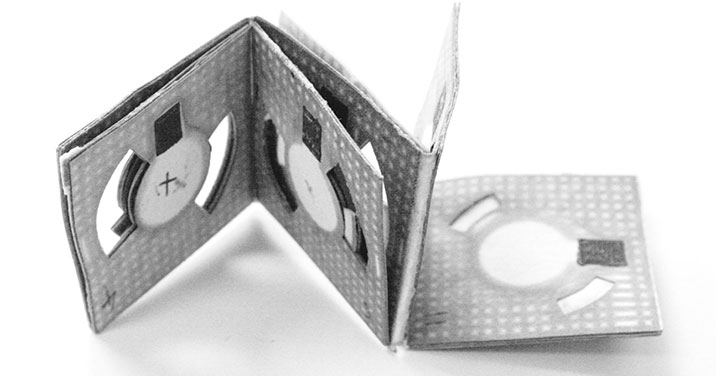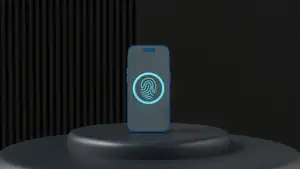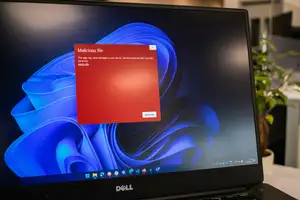
Is the Holy Grail of Battery Technology Closer?
You can readily understand that in today’s era with an ever expanding array of portable electronic devices, there is a seemingly never ending quest underway to discover a superior battery technology. As you probably know, the arrival of the lithium ion battery just a few short years ago heralded the arrival of ever more powerful and useful electronic devices.
Yet that being said, as you probably know, the production of such batteries takes vast resources and materials. The quest is therefore for a superior battery technology to one day supplant the best that tis available today.
That day may be one step closer thanks to innovative work by researchers at the Binghamton University in New York. Get this: these researchers have recently discovered a technology to manufacture a bacteria powered battery on single sheet of paper.
Did you catch that there? Don’’t miss the point that these researchers have actually accomplished two impressive engineering feats at the same time; that of a bio battery and that of a battery that could be manufactured on a piece of paper. Rather extraordinary don’t you think?
Speaking about this revolutionary new battery technology, Assistant Professor Seckheun Choi had this to say: “Papertronics have recently emerged as a simple and low cost way to power disposable point of care sensors. Stand alone and self sustained paper based point of care devices are essential to providing effective and life saving treatments in resource limited settings.”
At this point in time, this tecnology is but in the earliest stages of research and real world implementation. In its current form, these bio batteries only generate sufficient power to run devices that consume very little power. One possible use of this bio battery today could be such devices as bio sensors.
These bio sensors could be used for such functions as monitoring glucose levels in diabetic patients, to act as a live detection device for pathogens or other contaminants.
Naturally there is an expanding list of possibilities for this technology as the research continues. Choi was quoted as saying: “We are excited about this because a microorganism can harvest electrical power from any type of biodegradable source, like wastewater is is readily available.”
As you can plainly see from the above, the University researchers have discovered a battery technology that is revolutionary and could herald in a whole new era of portable electronics, wearable devices and much more.










